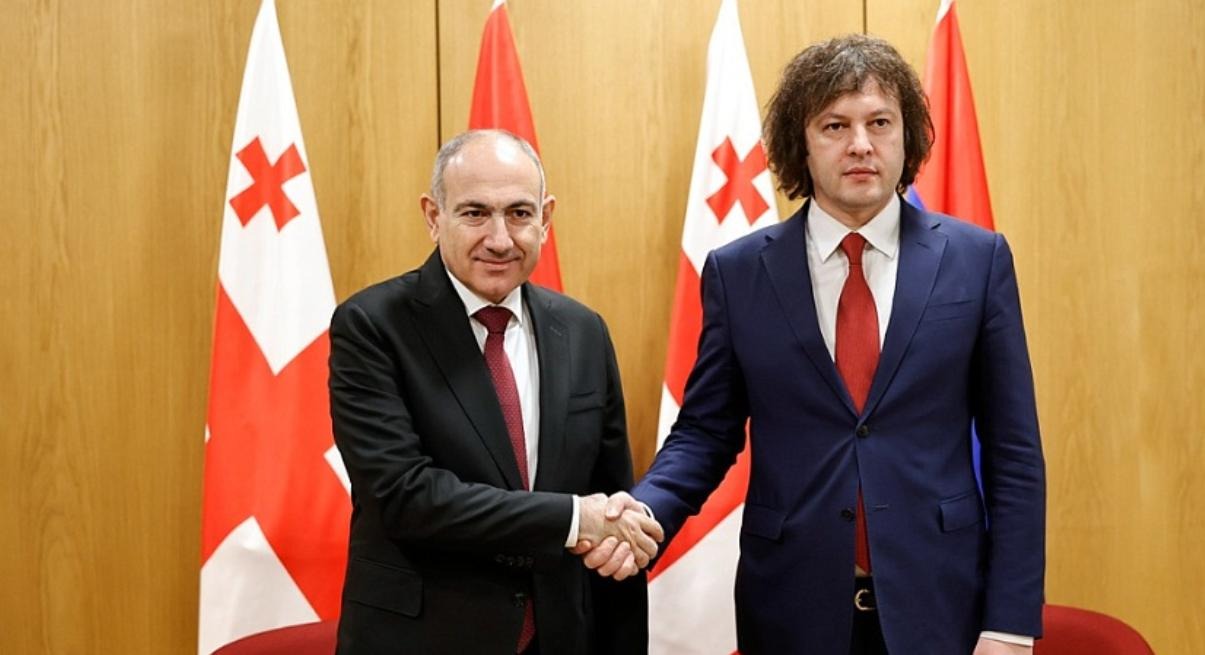According to the Council of Europe, Azerbaijan ranks first in Europe for the number of journalists arrested and convicted. At the end of 2025, the country had 36 such journalists—out of a total of 148 across the continent. Russia accounts for 32 repressed media workers, Armenia for two, and Georgia for one.

On May 19, a judge of the 1st Eastern District Military Court in Khabarovsk removed Apti Visaev's wife and public defender Aisha Mutaeva from the trial of Apti Visaev, who is accused of preparing a terrorist attack. The woman was banned from attending the trial until the verdict. The reason was video recordings allegedly made by her in court and published on social networks.
As Dosh reported earlier, 37-year-old Apti Visaev, who had previously served a 14-year sentence for illegal arms trafficking, attempted murder of Russian security officials, and terrorist attacks, is accused of persuading his friend to commit a terrorist attack during the parade on May 9, 2020 in Norilsk. At the same time, the Victory Parade in the city was not even planned that year due to the coronavirus pandemic.
The evidence in the case included the testimony of two secret witnesses and correspondence on the phone. Visaev's defense claims that the charges are fabricated. According to the defendant's wife, Aisha Mutaeva, the correspondence on the phone was falsified after the seizure, but her requests for a technical check of the accounts were rejected, and the phone disappeared from the case.
During the investigation, Visaev was transferred from the Norilsk pretrial detention center to the Krasnoyarsk one. His wife and children moved to Krasnoyarsk to help him with his defense and attend court hearings. However, in March, Visaev was transferred again - this time to Khabarovsk. Aisha Mutaeva has to pay for the lawyer's flights to each hearing. She also came to each hearing and brought her children with her.
"The tension in the relationship between the united court and the prosecutor on the one hand and Apti's defense on the other hand became extremely evident from May 15, when we began to increasingly present evidence of falsification of evidence in the criminal case against Apti, trying to attach expert opinions that directly testify to the lawlessness and falsification and innocence of Apti, making extremely inconvenient motions," Mutaeva reported on her Telegram channel after being removed from the courtroom. "The court made a claim against me for the fact that we were covering my husband's case on social networks, and then for this reason I was removed from the courtroom before the verdict was announced. This is how much some people are afraid of people finding out the truth about what is really going on in our "fair and impartial" judicial system! They are trying to shut our mouths, hide the truth...". According to Mutaeva, she did not take photos or record video of the trial. "I only made an audio recording, this is permitted by the Criminal Procedure Code. At the same time, the case is being heard openly, there are no restrictions on audio recording," she noted. The woman attributes the court's decision to the support her husband has received in response to the publicity surrounding his case. Mutaeva and the lawyer appealed the judge's decision. The lawyer also petitioned to see the certificate of video recordings, on the basis of which the judge removed Mutaeva from the hearing.
According to Igor Dashkuev, an elder of the Chechen community in Norilsk, Visaev was not known to have any connections with radicals. After his first prison term, he married Aisha, a widow with four children, and devoted all his time to work and family. Visaev himself said that FSB officers tried to persuade him to work for them, to inform about his fellow countrymen living in the region. But Visaev refused, and perhaps that is why he became a defendant in the new case.
In April, Visaev, through his lawyers, spoke about the torture conditions in which he was being held in the pretrial detention center: a 6-square-meter cell for two people, no ventilation.



